The return of the Elgin Marbles to Greece
Parthenon Sculptures could soon return to Athens as part of a long-term loan arrangement
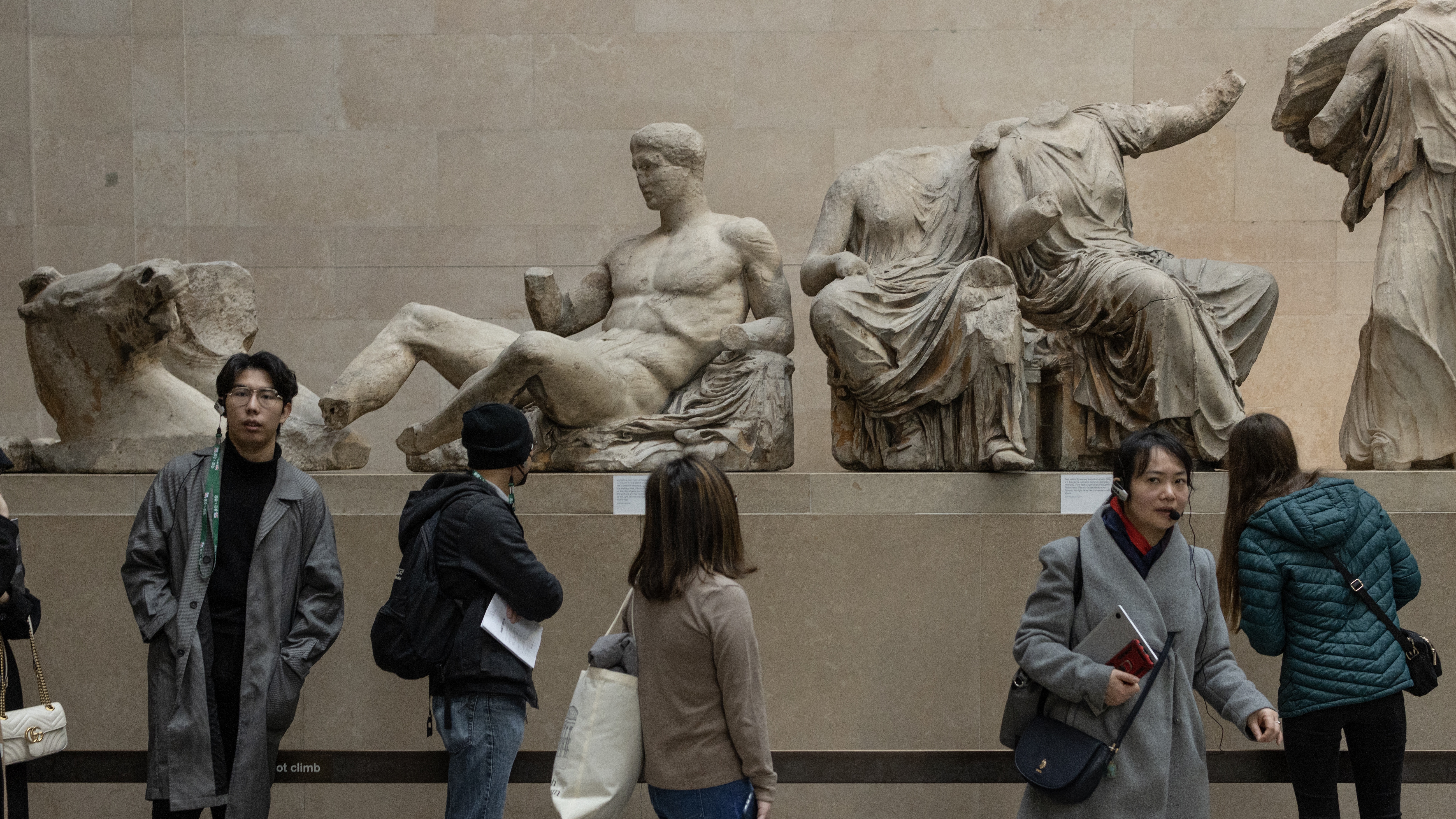
A free daily email with the biggest news stories of the day – and the best features from TheWeek.com
You are now subscribed
Your newsletter sign-up was successful
The British Museum is in “constructive discussions” with the Greek government regarding the return of the Parthenon Sculptures, also known as the Elgin Marbles.
The ancient artefacts, which date back over 2,500 years, were removed from the Parthenon temple in Athens in the early 19th century by British diplomat Lord Elgin, who was serving as ambassador to the Ottoman Empire, which controlled Greece, at the time. The Greek government has long called for the permanent repatriation of the sculptures.
Last week, The Telegraph reported that an agreement had been reached between the museum’s chairman, former chancellor George Osborne, and Greek prime minister Kyriakos Mitsotakis, which will allow the antiquities to be repatriated as part of a “cultural exchange”.
The Week
Escape your echo chamber. Get the facts behind the news, plus analysis from multiple perspectives.

Sign up for The Week's Free Newsletters
From our morning news briefing to a weekly Good News Newsletter, get the best of The Week delivered directly to your inbox.
From our morning news briefing to a weekly Good News Newsletter, get the best of The Week delivered directly to your inbox.
What deal has been struck?
According to the Telegraph’s sources, the agreement reached with Greek officials is effectively a loan agreement that would allow the Elgin Marbles to be transferred from London to Athens. And this could happen “sooner rather than later”.
The deal discussed between Osborne and Greece would allow some of the marbles to be sent to Athens on a “long-term loan” in exchange for Ancient Greek treasures to be loaned to the British Museum. This, however, would not be a permanent exchange as UK law prevents the permanent removal of the marbles.
The British Museum is currently the custodian of around half of the 160-metre (525-foot) frieze that adorned the Parthenon, but any exchange is “unlikely to entail the full complement of marble frieze scenes, metopes (carved plaques), and statues”, said The Telegraph, and will most likely start with a “small token loan”.
Why are the marbles so controversial?
The sculptures’ presence in the UK rather than their original homeland of Greece has been an ongoing subject of debate for decades. The UK government and the British Museum maintain that the acquisition of the marbles was legal, but supporters of their return and successive Greek governments have challenged this claim and do not recognise the British Museum’s ownership of the treasures.
A free daily email with the biggest news stories of the day – and the best features from TheWeek.com
According to the British Museum, it first received a formal request for the return of the marbles in 1983. It also argues that while “media coverage has referred to Greek government requests to borrow the sculptures” it has “never” received a loan request from Greece.
What has changed now?
The deadlock now seems likely to loosen thanks to the efforts of Osborne and Mitsotakis, hastened by changes in “the public mood” and the “role of museums in society”, argued The Guardian.
“The whole discussion about cultural restitution has become hotter generally and I think the wider public, outside the museum’s portals, are starting to think quite differently about it,” said the paper’s chief culture writer, Charlotte Higgins. She added that a re-evaluation of the function of museums in the modern world means such institutions now feel they have a duty to become “sites of reconciliation and atonement”.
The Times also argues it has become “increasingly difficult” for the British Museum to argue the Greeks are unreliable custodians of their cultural treasures – an argument it has long relied upon to justify its stance – since the opening of the “superb” Acropolis Museum in 2009, designed to provide a permanent home for the marbles in Greece.
Further pressure was put on the British Museum in December when Pope Francis ordered the return of three pieces of the Parthenon Sculptures the Vatican had held for more than 200 years.
Is this the end of the dispute?
The agreement is not likely to resolve the long-running dispute over the legal ownership of the ancient artefacts, with the Greek government likely to continue its efforts to gain full ownership.
Meanwhile, it appears that even if the British Museum was willing to cede ownership of the marbles, it would be impossible to do so under UK law. The British Museum Act 1963 prevents the institution giving away artefacts in its collection.
The prospect of the return of the marbles has caused dismay in some quarters of the British press. Over “six million visitors a year from across the globe enjoy the Elgin marbles at the British Museum, compared with less than a third that number at the Parthenon museum in Athens” , argued The Spectator’s Zareer Masani. If the marbles are sent to Greece, “countless visitors lose the chance to admire a historic artefact which we have long protected”, added CapX’s William Atkinson. “For all mankind, Britain must keep the Marbles,” he concludes.
However, contends The Guardian, “if one day in the not-so-distant future, the empty space in the airy Acropolis museum for the remaining parts of the sculptures may finally be filled” there is “no need to worry” that the British Museum will become “an empty husk of its former self. There are literally millions of other objects – many with their own conflicted histories – that it can display,” said the paper.
Sorcha Bradley is a writer at The Week and a regular on “The Week Unwrapped” podcast. She worked at The Week magazine for a year and a half before taking up her current role with the digital team, where she mostly covers UK current affairs and politics. Before joining The Week, Sorcha worked at slow-news start-up Tortoise Media. She has also written for Sky News, The Sunday Times, the London Evening Standard and Grazia magazine, among other publications. She has a master’s in newspaper journalism from City, University of London, where she specialised in political journalism.
-
 Local elections 2026: where are they and who is expected to win?
Local elections 2026: where are they and who is expected to win?The Explainer Labour is braced for heavy losses and U-turn on postponing some council elections hasn’t helped the party’s prospects
-
 6 of the world’s most accessible destinations
6 of the world’s most accessible destinationsThe Week Recommends Experience all of Berlin, Singapore and Sydney
-
 How the FCC’s ‘equal time’ rule works
How the FCC’s ‘equal time’ rule worksIn the Spotlight The law is at the heart of the Colbert-CBS conflict
-
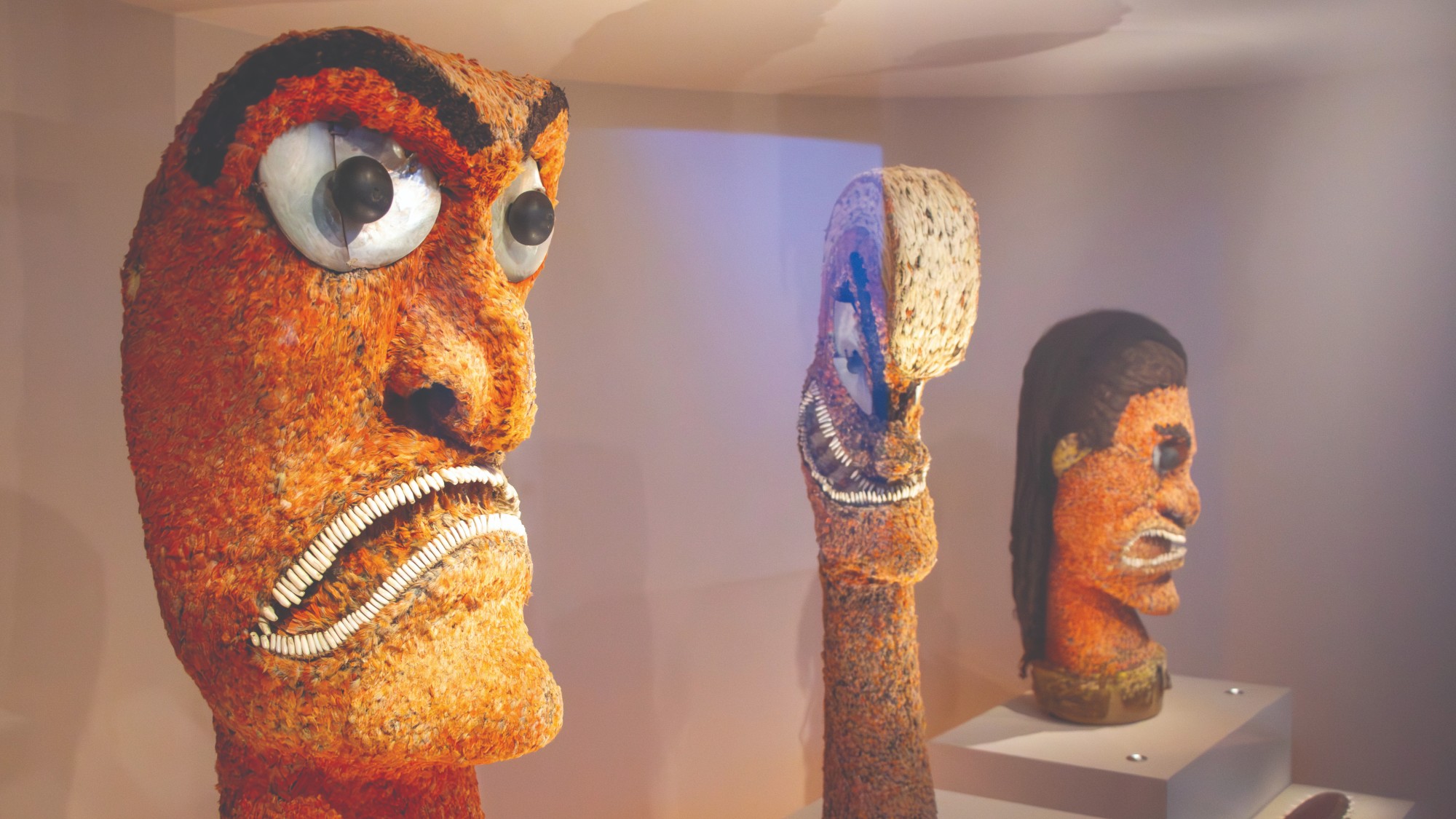 Hawai‘i: a kingdom crossing oceans – a ‘thrilling’ exhibition
Hawai‘i: a kingdom crossing oceans – a ‘thrilling’ exhibitionThe Week Recommends With some items on display for the first time since 1900, the British Museum’s new show gives voice to a ‘fascinating, rarely heard culture’
-
 Grecotel Luxme Dama Dama: Greek luxury with a breezy beach vibe
Grecotel Luxme Dama Dama: Greek luxury with a breezy beach vibeThe Week Recommends Rhodes is reimagined in this refined and relaxed resort
-
 Experience the cool of these 11 stunning pools and lazy rivers this summer
Experience the cool of these 11 stunning pools and lazy rivers this summerThe Week Recommends You'll want to dive right in
-
 Go beyond the islands you already know in these 8 countries. Surprises await.
Go beyond the islands you already know in these 8 countries. Surprises await.The Week Recommends These destinations fly under the radar
-
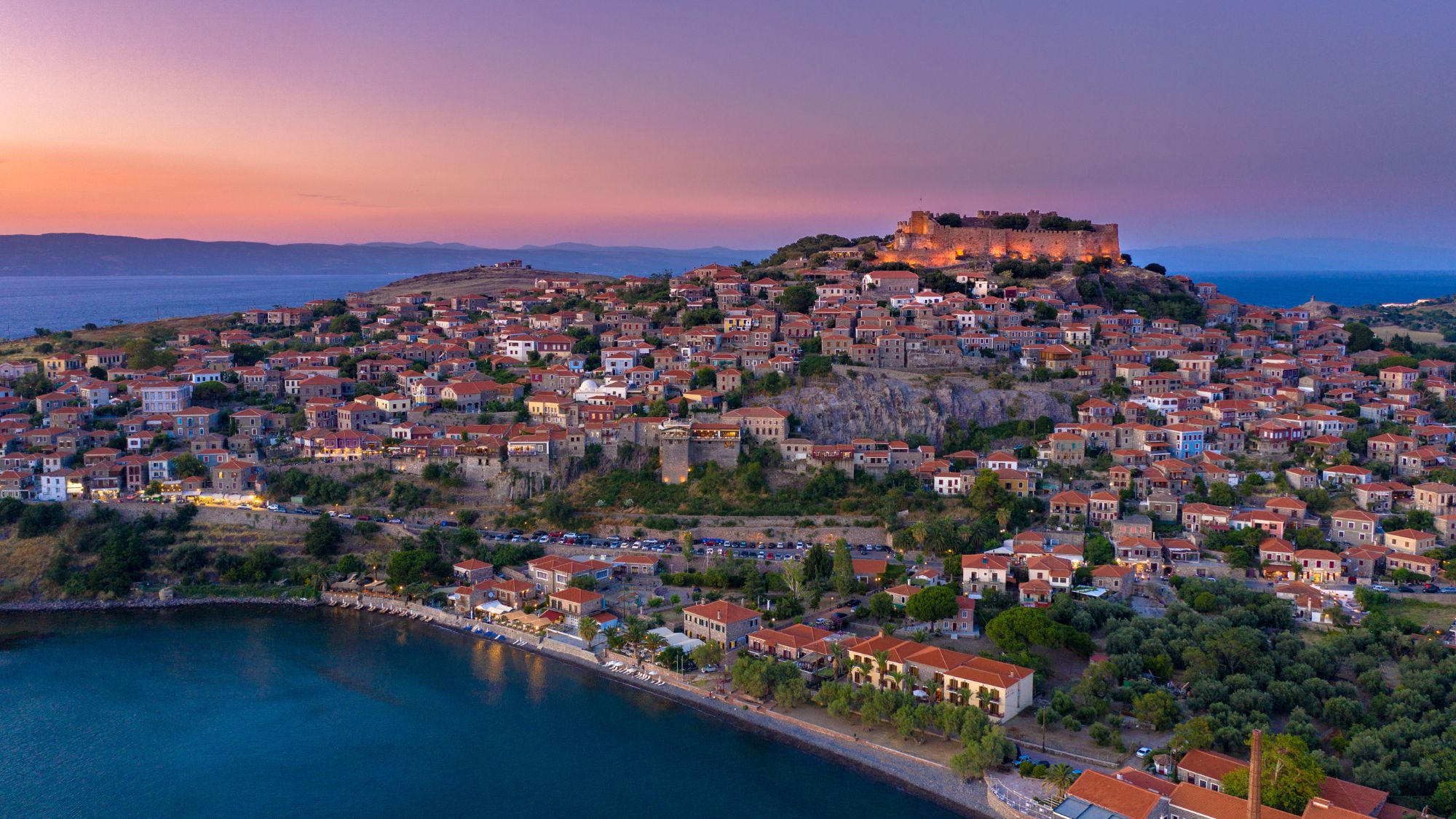 A glorious Greek island without the 'swank'
A glorious Greek island without the 'swank'The Week Recommends Lesbos doesn't welcome 'hoards' of tourists, but is 'magnificent' and worth exploring
-
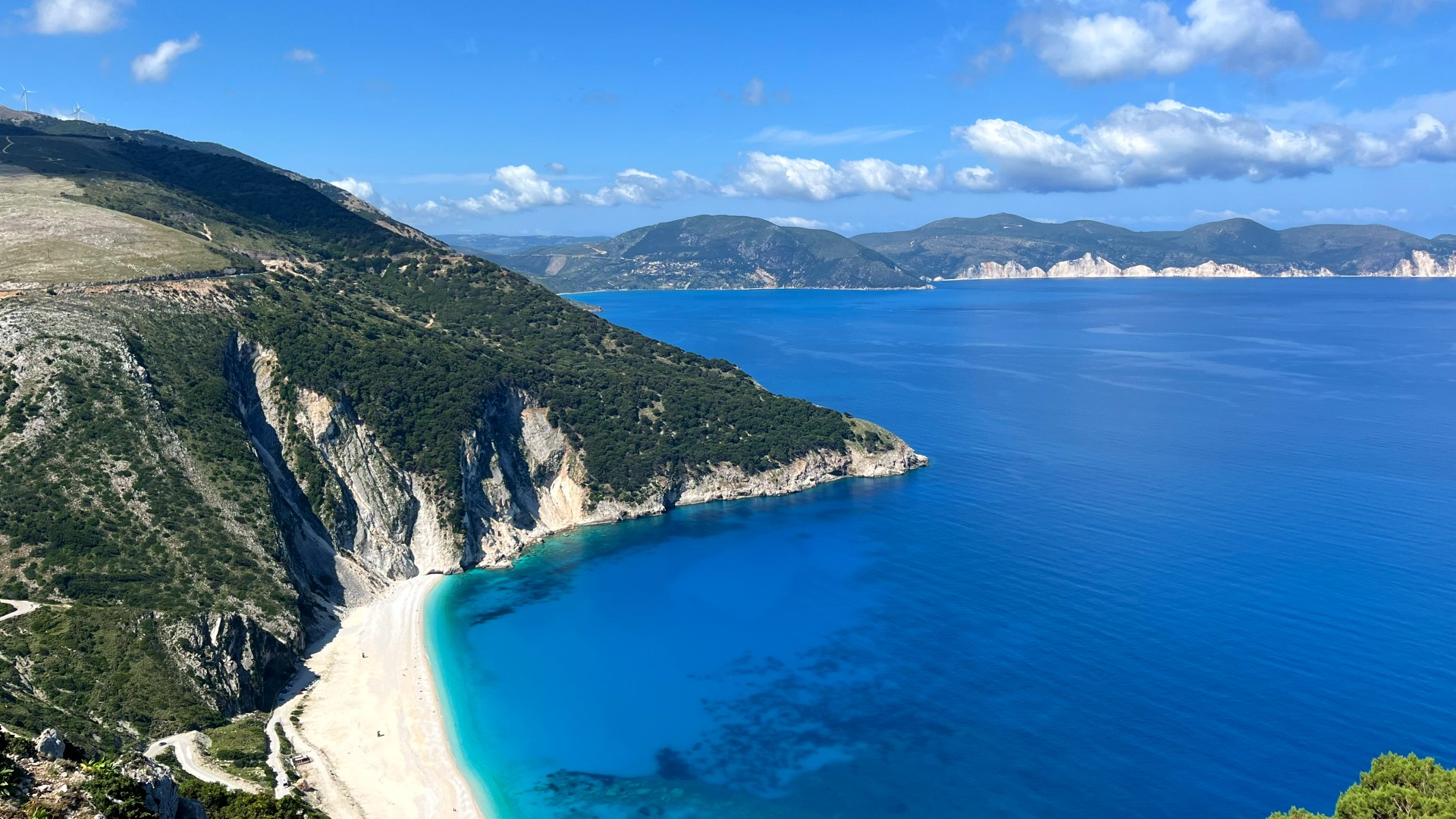 A weekend in Kefalonia: discover the Greek island's turquoise coves and charm
A weekend in Kefalonia: discover the Greek island's turquoise coves and charmThe Week Recommends Kefalonia's character and history can be felt in every corner
-
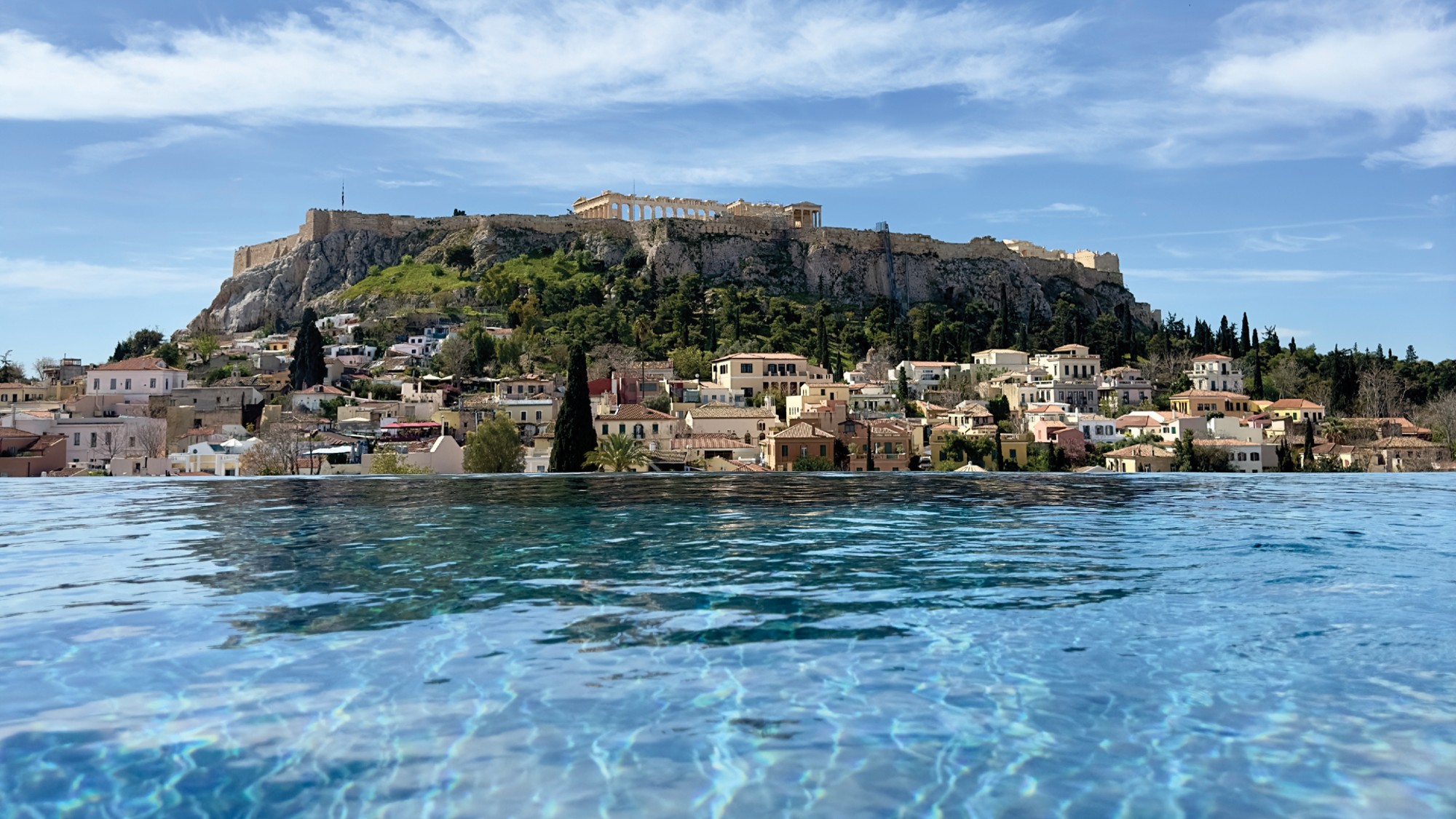 Athens city and beach: The Dolli at Acropolis and Cape Sounio
Athens city and beach: The Dolli at Acropolis and Cape SounioThe Week Recommends Luxury living in two Grecotels designed to showcase ancient Greek ruins and modern Greek style
-
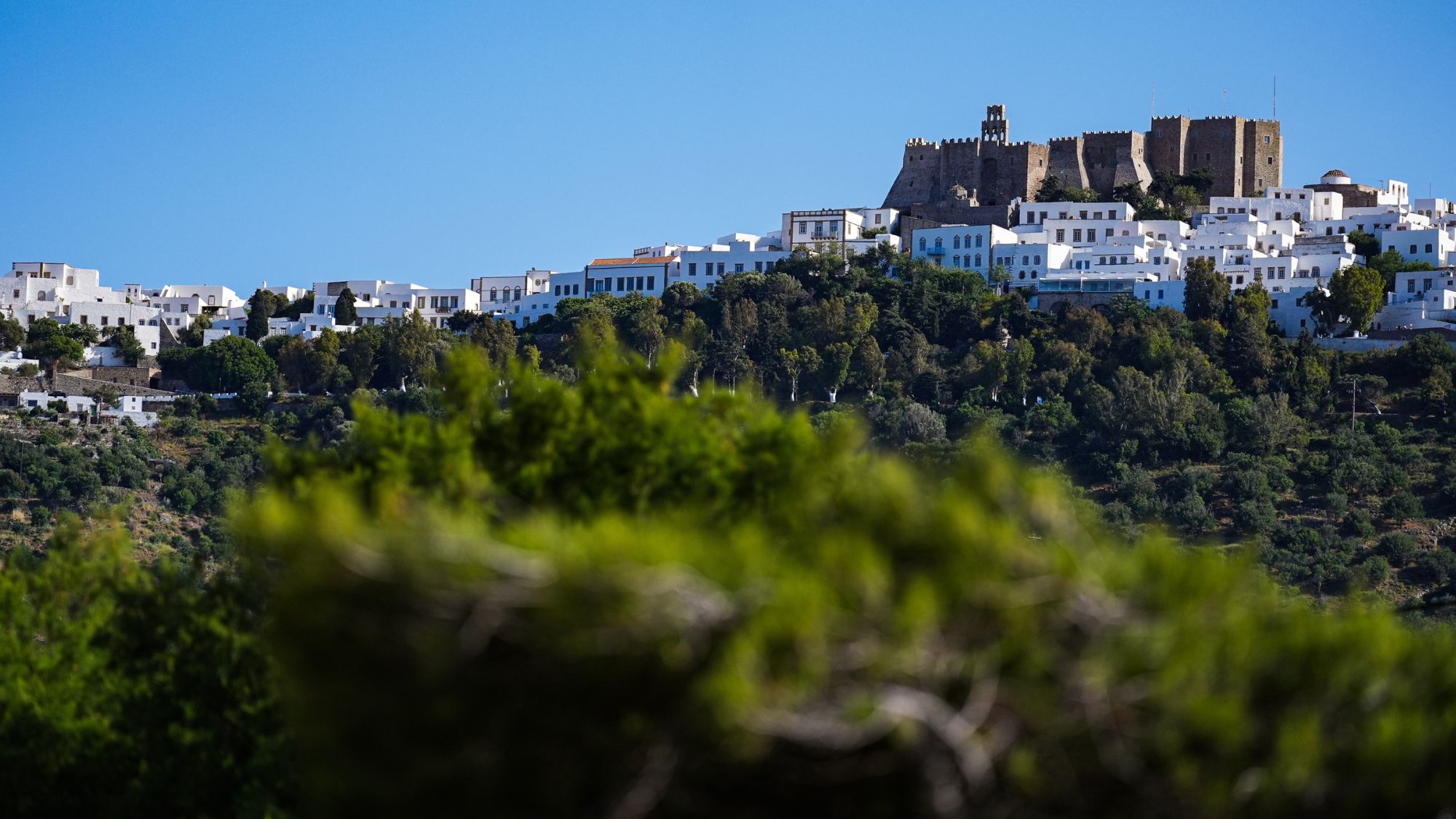 Patmos: an island at the end of the world
Patmos: an island at the end of the worldThe Week Recommends Small Greek island has a rich history and ties to the Christian tradition